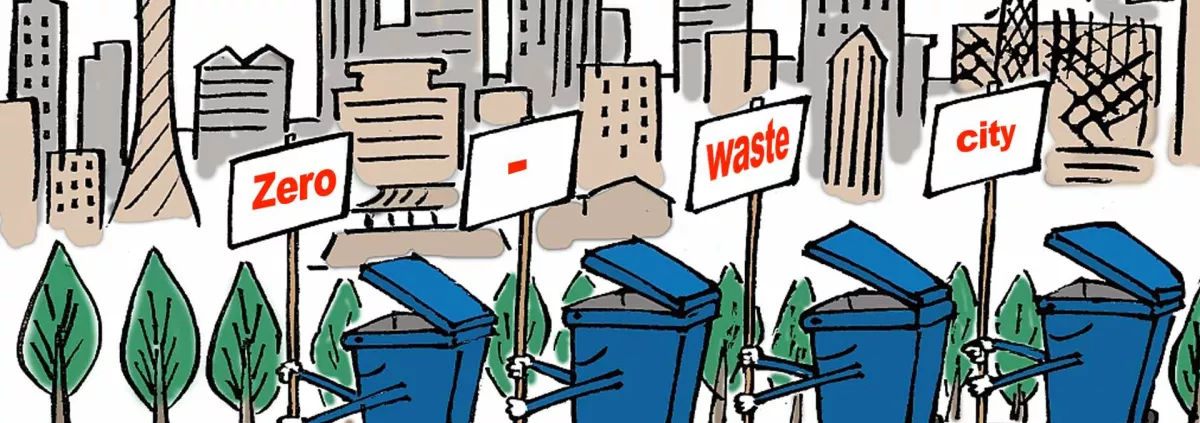Achieving sustainable waste management in many cities remains an elusive goal despite the political statements. Air and soil pollution and increasing costs to collect and treat waste, including expensive investments in landfills or incinerators are among the challenges that impede municipal progress. To this end, the zero-waste approach offers an alternative option and aims to reduce the amount of waste sent to landfills or incinerators through waste prevention, reuse, and recycling. Mainstreaming this approach requires transforming municipalities’ waste management practices from waste treatment to waste reduction and prevention. This entails action to reform municipal waste management plans and support innovative circular economy businesses as well as citizen behaviour change. This session will provide insights into municipal experiences from Ljubljana (Slovenia), Berlin (Germany), Irbid (Jordan), and Nairobi (Kenya).
|
Time (CEST) |
topic |
speaker |
|
14:00-14:10 |
Introductory Remarks |
Muna Shalan, Connective Cities |
|
14:10-14:25 |
MED-InA project in Irbid- Jordan |
Reham Jammal, Irbid municipality |
|
14:25-14:40 |
TakaTaka solutions- Recycling Nairobi |
N.N |
|
14:40-14:55 |
Overview of the Zero-waste city and examples from Europe |
Theo Schneider, Ressource Abfall GmbH |
|
14:55-15:20 |
Plenary Discussion |
|
|
15:20-15:30 |
Concluding remarks |
Sophia Kamau, Connective Cities |
